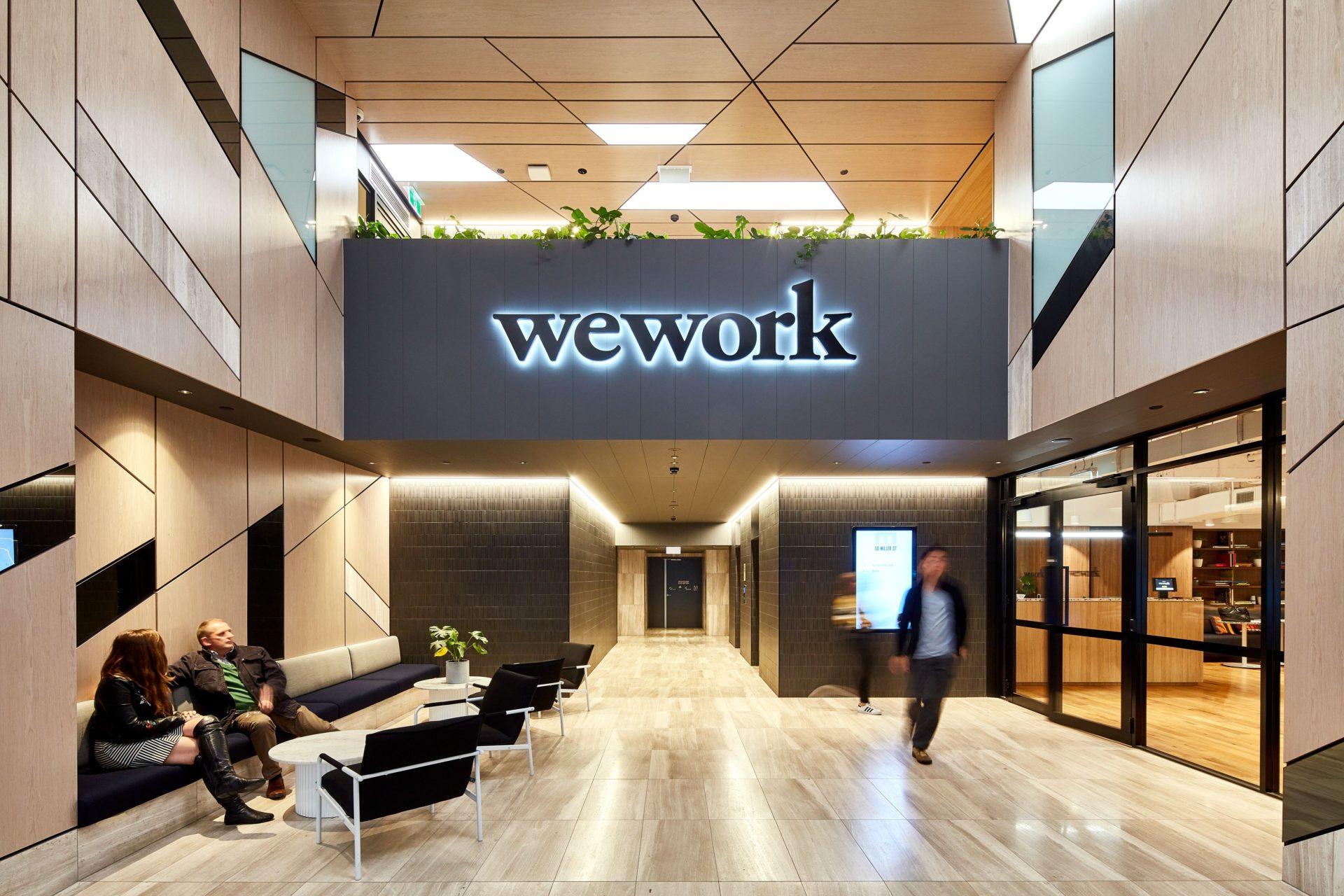
well-known collaborative workspace provider, WeWork, has recently faced a significant setback, initiating a declaration of insolvency as it strives to recover from the adverse effects of the worldwide pandemic and its unsuccessful effort to become publicly listed in 2019. The New York-based enterprise has applied for Chapter 11 in New Jersey, revealing assets and debts within the substantial range of $10 billion to $50 billion. This strategic manoeuvre allows WeWork to maintain its operations while devising a comprehensive plan to effectively handle its financial responsibilities.

Despite effectively negotiating a comprehensive agreement to restructure their debts earlier in 2023, the company has encountered renewed obstacles and concerns regarding its future viability. In August, WeWork publicly announced its intentions to renegotiate many of its leases and withdraw from underperforming sites, demonstrating a proactive approach to navigate the current financial instability.

With a robust presence extending across 777 locations in 39 countries as of June 30, with occupancy levels like those of 2019, WeWork is still struggling to generate sustainable profits. The company’s recent attempt to go public in 2021, following a merger with a special purpose acquisition company, was marred by various concerns surrounding its corporate management, valuation, and growth potential. These factors ultimately resulted in the departure of its CEO, Adam Neumann, and a significant decrease in WeWork’s valuation, which had previously reached an impressive $47 billion.

Simultaneously, other participants in the shared office space industry, including Knotel Inc. and branches of IWG Plc, have also grappled with financial difficulties in recent years, particularly amidst the disruptions caused by the ongoing global health crisis. As the pandemic continues to reshape traditional work patterns, the entire industry faces a demanding path to recovery, with WeWork leading the way in addressing these critical challenges.









